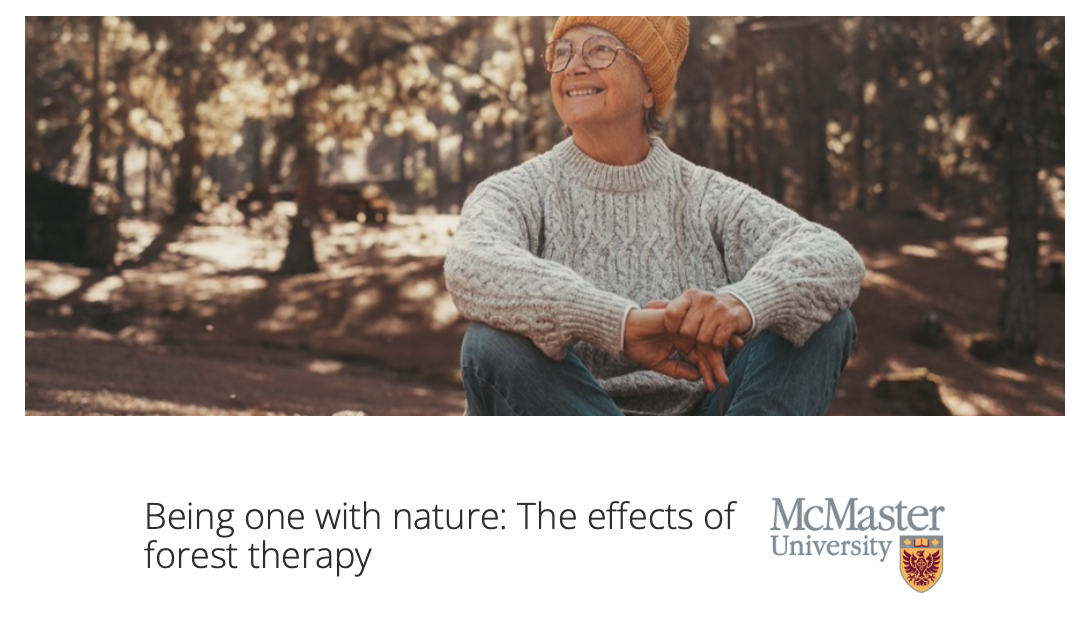[Blog] Being one with nature: The effects of forest therapy

The Bottom Line
- Over half of the global population lives in urban settings.
- Some studies link urban living to an increased risk in developing high blood pressure and mental health issues.
- Forest therapy may help adults living in urban settings reduce their blood pressure and ease stress.
- Those interested in forest therapy should consult their healthcare team and seek reputable, structured programs with guidance.
Fresh air, rich soil, bustling wildlife, and trees, trees, and more trees. Being in a forest environment can have us feeling one with nature and miles away from the concrete jungles in which many of us live. To be more exact, currently, over 4 billion people across the world call cities home – a stark change from the smaller community-based living that was dominant throughout much of our history (1).
Urban living comes with many pros, like job opportunities and greater access to diverse recreational activities, modes of transportation, cultures, and health care services. But, like anything, urban living also has its cons. These cons, such as exposure to stressful triggers like noise pollution and air pollution, have implications for our physical and psychological health and well-being (2-4). For example, some research points to an increased risk of high blood pressure (aka “the silent killer”) and mental health issues in urban-dwelling folks compared to their rural counterparts (2;5-8).
The question then becomes: can seeking out experiences in nature help fight back against the potential pains and pitfalls of city life? Enter forest therapy—a practice that involves fully immersing oneself and one’s senses in an experience within nature. These experiences can include actively walking through and/or sitting within a forest and viewing the environment around you (2;9-11). For more answers, let’s look at a systematic review aiming to build on the presently mixed evidence base on forest therapy (2).
-
Date
Feb 24, 2025
-
By
McMaster University
Newsletter
Sign up for the Healthy Aging CORE Alberta e-news to keep up-to-date with activity from the platform and the Community-Based Seniors Services (CBSS) sector across the province.
